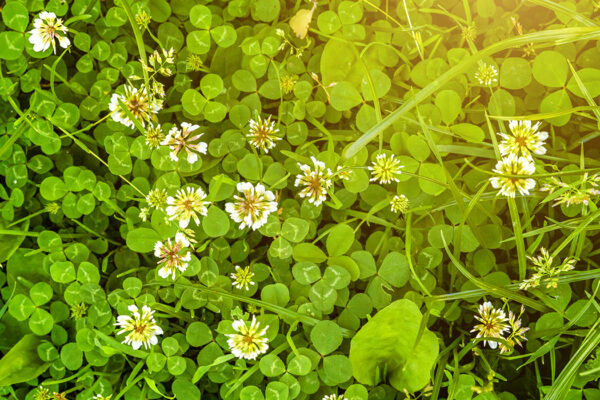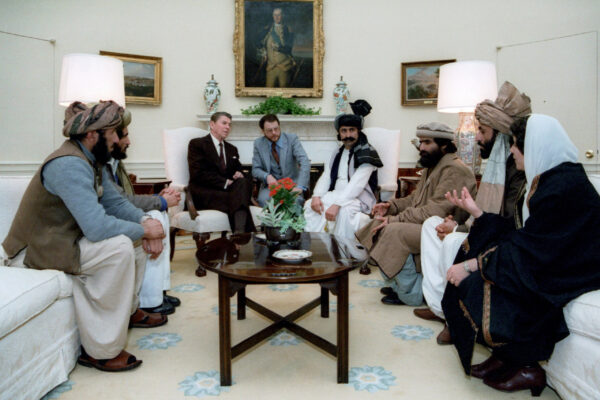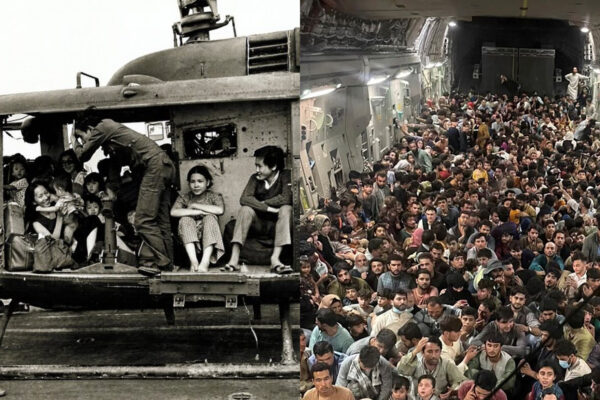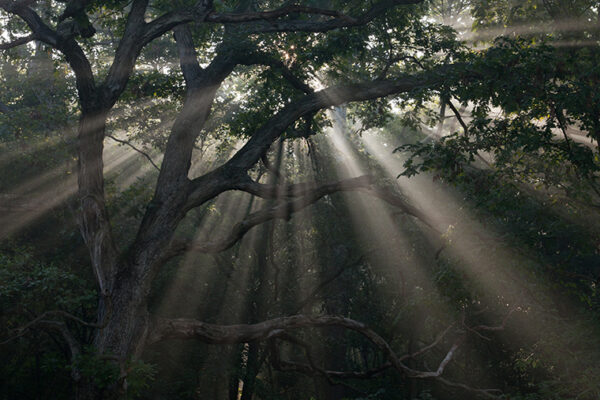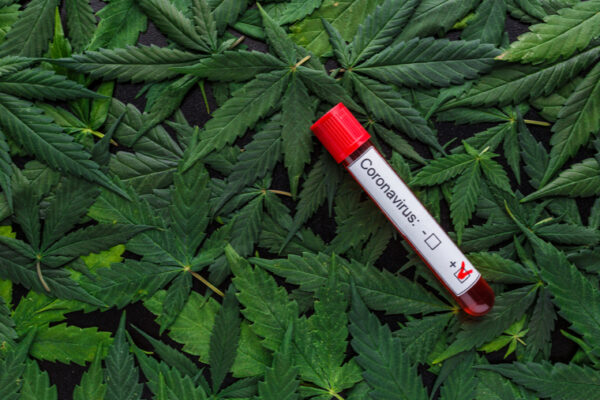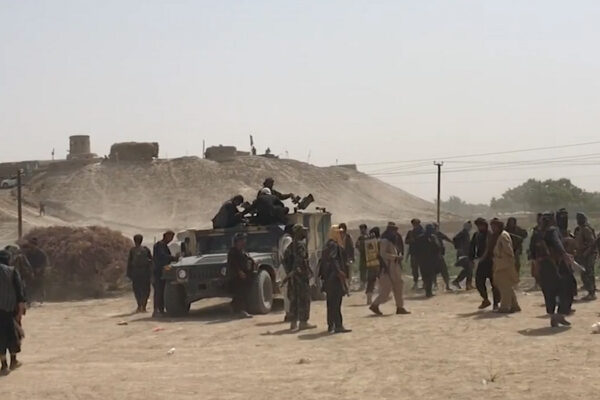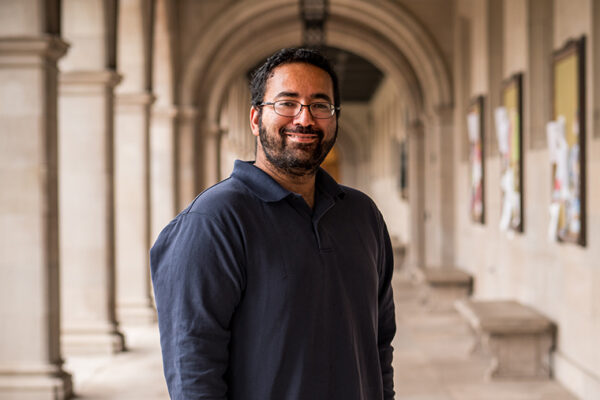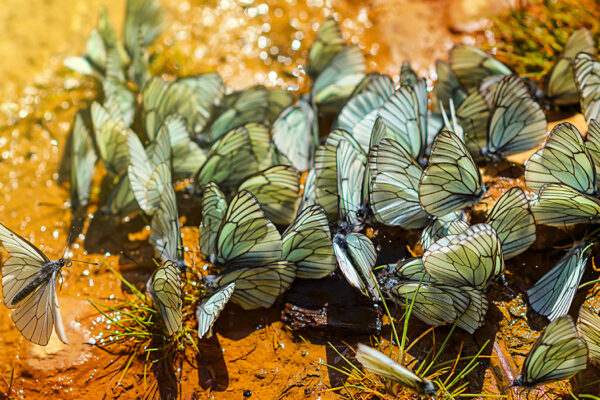Researcher wins grant for cell division work
Sarah Anderson, a postdoctoral research associate in Petra Levin’s biology lab in Arts & Sciences, won a three-year $200,946 award from the National Institute of General Medical Sciences’ Biomedical Research and Research Training Program for a project titled “Modulation of Bacterial Cell Division by (p)ppGpp.”
White clover’s toxic tricks traced to its hybridization
White clover is a weed that grows the world over. Biologist Kenneth M. Olsen in Arts & Sciences discovered how white clover developed its anti-herbivory superpower with input from both of its seemingly innocuous parents.
WashU Expert: There is no end to forever
The swift fall of Afghanistan to the Taliban apparently signals the end of a nearly 20-year conflict. But is it, asks Krister Knapp, a teaching professor of history in Arts & Sciences at Washington University in St. Louis. Or is this simply the beginning of the next chapter of U.S/Afghan entanglements?
WashU Expert: Play it again, Uncle Sam
Rick and Ilsa, “Casablanca’s” ill-fated lovers, will always have Paris. Uncle Sam will always have Kabul. And Saigon. And Baghdad. In the long-running tragedy of American foreign entanglements, Uncle Sam has become less a hapless romantic idealist and more a cynical “love ’em and leave ’em” serial abuser, says veteran filmmaker Richard Chapman.
For larger, older trees, it’s all downhill from here
Jonathan Myers, associate professor of biology in Arts & Sciences, and William Farfan-Rios, a postdoctoral research fellow of the Living Earth Collaborative at Washington University, are co-authors of a study that found that trees’ fecundity — or physical potential to reproduce — peaked or plateaued as they reached an intermediate size.
Cannabis use disorder: another COVID risk factor
Findings from the Department of Psychological & Brain Sciences in Arts & Sciences and the School of Medicine suggest cannabis use disorder should be added to the list of COVID-19 risk factors.
Afghanistan crisis was a predictable catastrophe
Without international pressure, the power-sharing agreement between Kabul and the Taliban was doomed, according to research by William Nomikos, assistant professor of political science in Arts & Sciences. But the political cost of continued occupation was too great.
Physicist Mukherji awarded $1.97 million to study cellular design
Understanding how a cell commits resources to building new parts — and eventually divides into two cells — is the focus of a new grant for Shankar Mukherji, assistant professor of physics in Arts & Sciences. The research is funded by the National Institutes of Health (NIH).
Postdoc wins training grant
Joe Rowles, a postdoctoral research associate working with Gary Patti in chemistry in Arts & Sciences, won a Molecular Oncology Training Grant to support his participation in the Siteman Cancer Center’s Cancer Biology Pathway Program.
A brief history of the cabbage butterfly’s evolving tastes
Biologists in Arts & Sciences used statistical methods to trace the path of Pieridae family butterflies as they diversified and their plant hosts fought back, over and over again. The study also finds that butterflies often regain hosts they haven’t used for millions of years.
View More Stories

